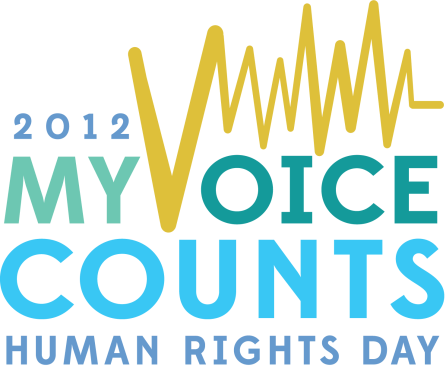Scarcity defines the economic way of thinking
Scarcity is a simple idea, yet it has major implications.
If, as individuals or as a society, we have multiple objectives, and if our desires for these goals exceed the time and resources that can be used to attain them, then given that these resources can be used in different ways it matters how we allocate them. It matters because our goals differ in their significance.

We have to choose, we have to recognize the terms of the trade-offs between the choices available to us, and we have to do this in a way that gets us as much as we possibly can from the scarce resources available to us.
The economic way of thinking gives us guideposts for making these choices, most notably that we should pursue an objective up to the point that the additional benefit we get from taking an extra step toward it just equals the additional cost in all the things we have to give up in making that step.
Economics certainly should not inform all public policy discussions.
But when it should and doesn’t, the decisions made are usually done from an overly short-term perspective, are not mutually consistent, generally have hidden or unintended consequences, and are not sustainable in the long-term.
In the next two lectures of our course Economics for Everyone we detail the logic of scarcity, the rules it implies for maximizing our social benefit, and the pitfalls that sometimes confound policy makers. Scarcity also takes us toward a discussion of an important policy, “Free Trade,” and our discussion also helps us highlight some of the blind spots of simplistic economic reasoning.
Download the presentation for Lectures 2 and 3, but if you want to prepare in an entertaining way listen to Billy Bragg sing out his thoughts on Free Trade, a 2010 song from Britain foreshadowing many of the debates that have motivated recent American policies.
Here are the lyrics, but I’ve added a quote from another famous economist, David Ricardo, who has a very different view. Our goal is to understand these two competing perspectives on the benefits and costs of Free Trade.




